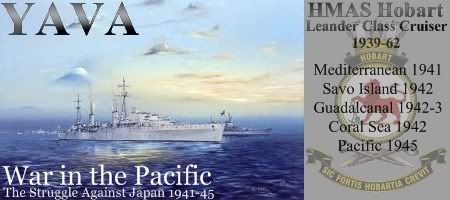rtrapasso
Posts: 22653
Joined: 9/3/2002
Status: offline

|
Year 1260:
England's Henry III allies himself early in the year with Richard de Clare, 7th earl of Gloucester, and other conservative barons against the radical faction headed by Simon de Montfort, earl of Leicester (see 1259). Leicester tries to use the opportunity to settle his own personal claims, and those of his wife, the king's sister Eleanor; his insistence alienates many of the other barons (see 1261). Henry's brother Richard, earl of Cornwall, has supported the king in his efforts to overthrow the Provisions of Oxford but leaves in June for a 3½-month visit to Germany in what turns out to be a hopeless attempt to gain the imperial crown.
Norway's national assembly adopts a new law establishing the prior claims of legitimate royal sons to the throne, the indivisibility of the monarchy, and the hereditary right of the king's eldest legitimate son to reign as king instead of having more than one king as has often been the case heretofore.
Sicily's Manfred defeats a Guelph army September 4 at Monte Aperto (Montaperti) with Ghibelline support led by the Florentine nobleman Farinata degli Uberti (see 1258; 1265).
A Mongol army enters Volhynia and forces her prince Danilo Romanovich to destroy the fortifications that he has built in his major cities (see 1256). The invaders withdraw but leave behind administrative agents to collect taxes and recruit men for military service.
The Mamelukes who have ruled Egypt since 1250 save the country from the Mongols at Ain Jalut, Palestine, in September and preserve the last refuge of Muslim culture. Hülegü Khan has taken Damascus and Aleppo, but the Mamelukes, led by the ex-slave Baybars, kill Hülegü's general Ket Buqa and revive the caliphate by inviting to Cairo a scion of the Abbasid house and giving him the title Mustansir Jllah.
Hülegü Khan invades Syria but withdraws to Persia at news that his brother Mangu died late last year (see 1258). Tabriz in Azerbaijan will soon supplant Baghdad as the dominant commercial and political center of the region.
Kublai Khan has himself elected leader of his Mongol army at Shant-tu and proclaimed great khan (see 1259). Now 44, he has the support of his brother Hülegü Khan, they take their younger brother Arigböge captive, Kublai moves his capital from Karakorum to a new city that he has built, and he will make himself a great power in Asia (see Khanbelig, 1267).
Venetian merchants Niccolo and Mateo Polo sail from Constantinople for the Crimean port of Sudak, where a third Polo brother, Marco the Elder, has a house (see 1271).
England's Henry III extends to all north German cities the trading rights he granted in 1250 to the merchants of Cologne and Lübeck.
The papal bull Clamat in suribus issued by Alexander IV appeals for unity among the forces of Christendom against the common danger of the Mongols.
France's Chartres Cathedral is consecrated after 66 years of construction. Built largely between 1195 and 1228, the great Cathedral of Notre-Dame in the Loire Valley elevates Gothic architecture to its greatest glory with a Vieux Clocher rising 351 feet in height (the Clocher Neuf will rise 377 feet when it is completed in the 16th century).
|
 Printable Version
Printable Version














 )
)

















 New Messages
New Messages No New Messages
No New Messages Hot Topic w/ New Messages
Hot Topic w/ New Messages Hot Topic w/o New Messages
Hot Topic w/o New Messages Locked w/ New Messages
Locked w/ New Messages Locked w/o New Messages
Locked w/o New Messages Post New Thread
Post New Thread